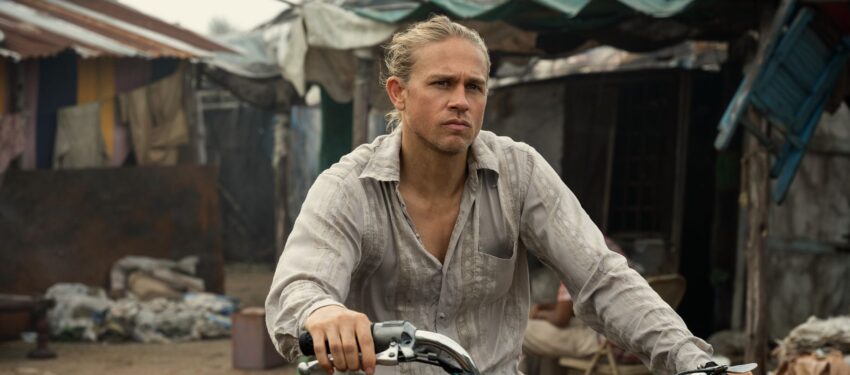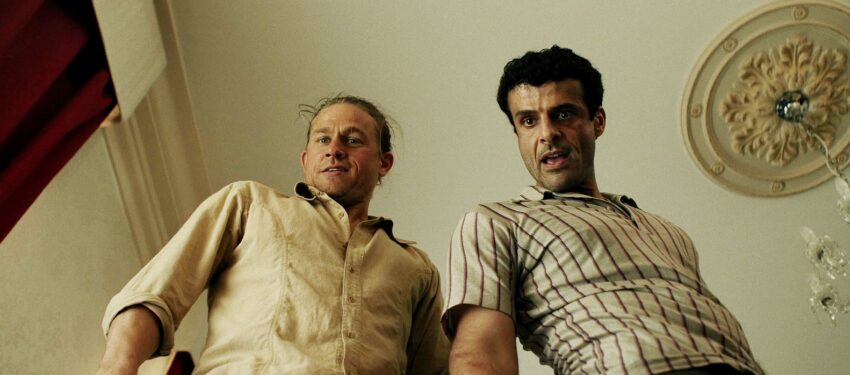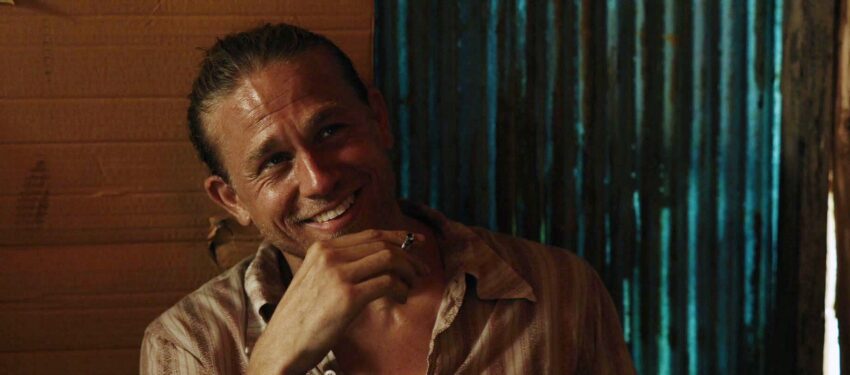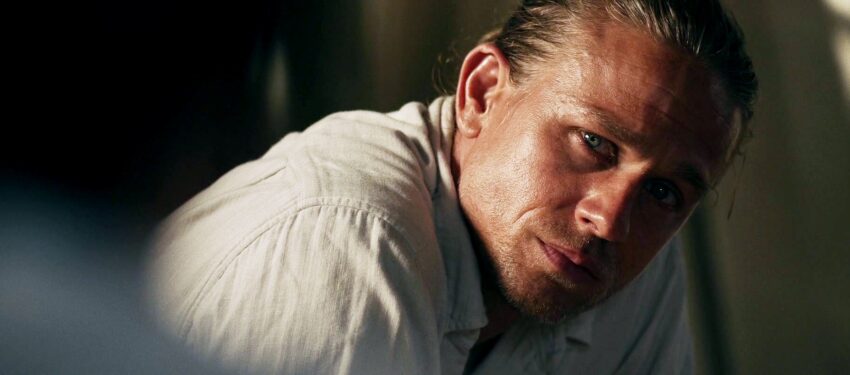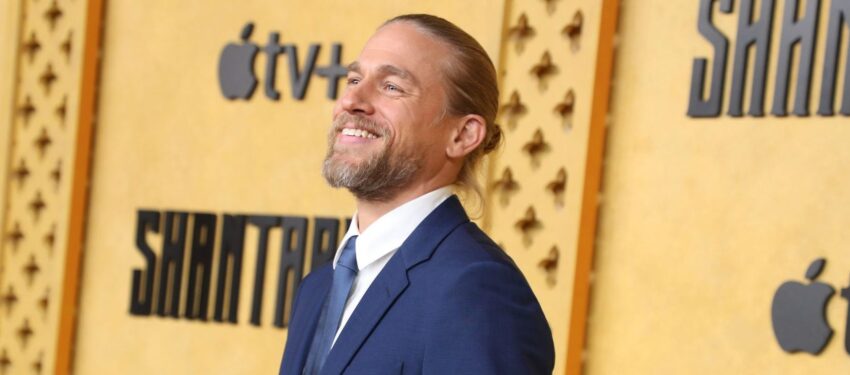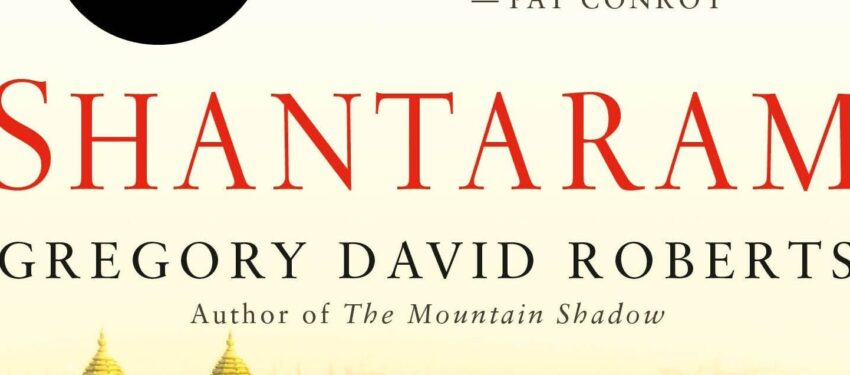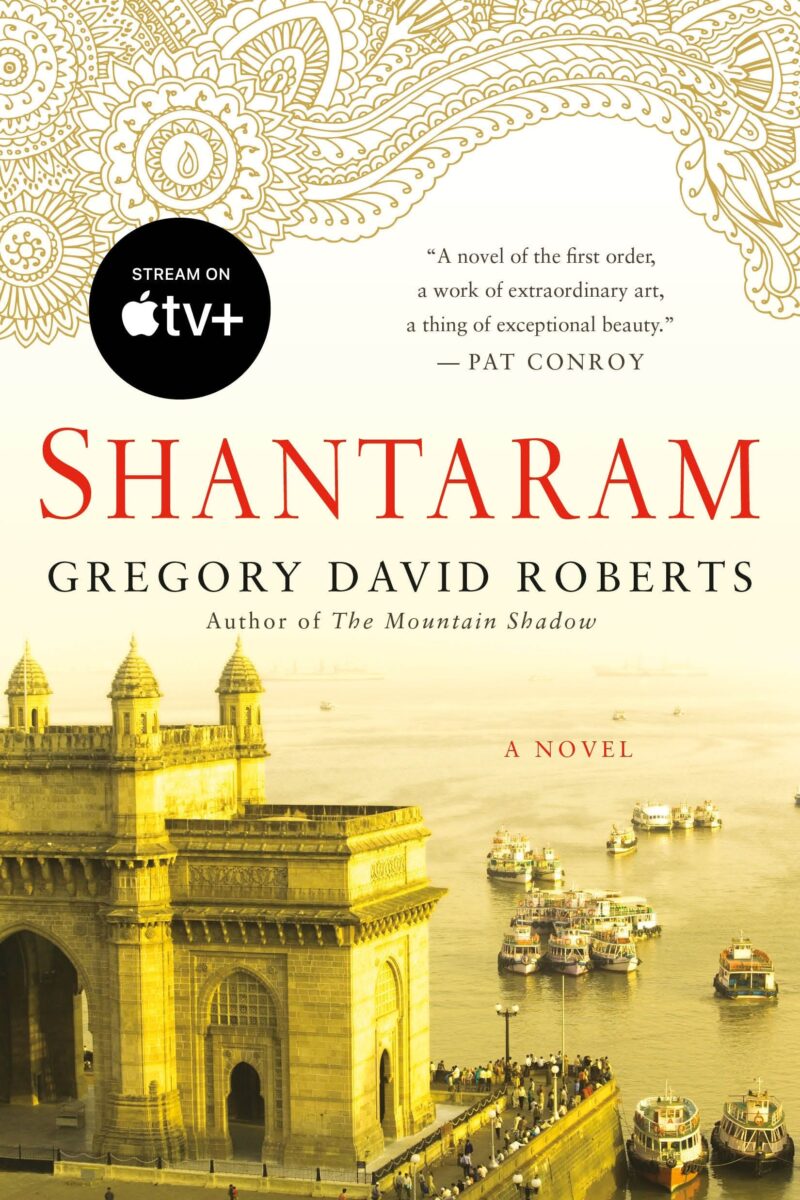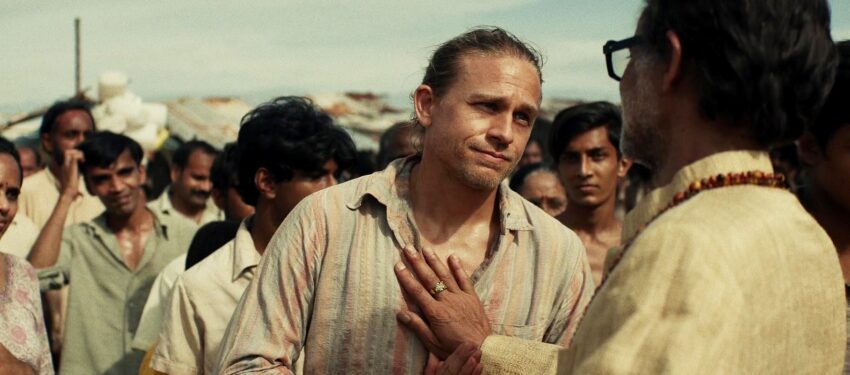Collider.com — During this 1-on-1 interview with Collider, which was conducted prior to the official cancellation of the series, Hunnam talked about only telling one third of the story of Lin Ford, having the ability to be completely objective about his own performance, why he feels like a filmmaker trapped in an actor’s career, wanting to be challenged with his work, what he most enjoyed about working with this cast, and his desire to focus more of his time on writing. He also talked about how the music of Tom Waits has made it onto a few of his writing playlists, and what the deal is with that project he previously alluded to, in connection with Jax Teller.
Collider: I recently read that you’re a fan of Tom Waits and you said that he excites your imagination more than most other artists do. Being an enormous fan of Tom Waits myself, and his ability to get me to visualize whatever story he’s telling in any song of his, I’m curious whether you’ve ever used his music to inspire you for a role, or for any of the writing you do. Do you ever use his art as inspiration for your own art, in any way?
CHARLIE HUNNAM: Oh, Tom Waits has definitely appeared on a few writing playlists that I have. In particular, I’ve been working on something recently, and I was listening a lot to “Cold Water” from Mule Variations. It’s definitely in the top 20 of my favorite songs. Maybe not necessarily top five. But it was just a vibe that I was looking for. I would say that my introduction to great music was through Leonard Cohen and Tom Waits. They’ve both always been very, very important to me.
Ending the season of Shantaram with “To Be Continued” is certainly a bold move, especially when there are no guarantees in television. What led to that decision?
HUNNAM: Yeah. I can’t take any credit or blame for that. It was not my choice, nor my conviction, to do that. That was probably (showrunner) Steve Lightfoot. I’m not sure. I would think that was more Steve Lightfoot than our colleagues at Apple.
Listen, by virtue of the fact that this is an adaptation of a novel, and we’ve only told, at a maximum, one third of the story, our hope that this would be continued is somewhat self-evident, for those who actually know the novel and know that this isn’t where the story ends. When we get to the end of the season, I also don’t think it feels like the story’s over. I’m not so sure if we needed to put it in black and white, “to be continued,” but I think that the idea was that we would leave with a sense of unfinished business. Sometimes people worry that the devil might not actually be in the details, and that you need to put things in black and white to really punctuate the point.
As a producer on this, and just generally when you’re a producer on a project that you’re hoping will continue on, are you able to be objective in watching your own performance and figuring out what you might want to shift or change, from season to season? How do you handle that? Are you someone who can get out of your own head enough to think about it, and see what’s best for the show and for your own performance?
HUNNAM: Yes, I am. I definitely have the ability to be completely objective. I have a very clear view, or at least my own perspective and opinion, of what we did well and what we could do significantly better, as a show, at large, and that’s also true with my work. It’s a funny thing, within the hierarchy of television production, the people who are paying for it, get to make a lot of the decisions. And then, of course, the creator gets to make a lot of the decisions. By the time it gets to my position, even being a producing asset, most of the decisions have already been made. My experience is that I can have some latitude to be able to affect the small decisions, but the big stuff is way above my pay grade, unfortunately. I would love to be right in the kitchen, designing the menu, but I’m much more of a sous-chef, being told what to do.
I appreciate that metaphor, so thank you for that.
HUNNAM: There you go. I was wondering if it was a bit too rich. Continue reading Press/Interview: Charlie Hunnam Talks ‘Shantaram’ Finale, Leaning Into Writing, and ‘Sons of Anarchy’s Jax Teller

